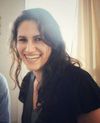Women Who Code: Powering Up an International Network with Local Crowdfunding
Interview with Joey Rosenberg, global leadership director of an organization on a mission to inspire women to excel in technology careers. Interview with Joey Rosenberg, global leadership director of an organization on a mission to inspire women to excel in technology careers, with 80,000 members a
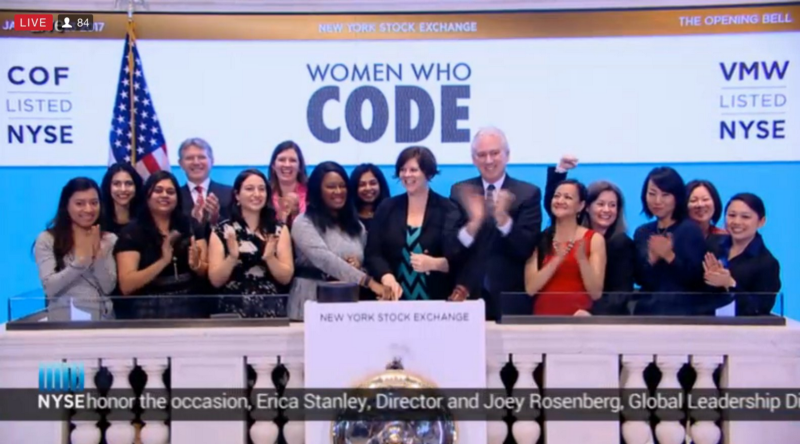
Interview with Joey Rosenberg, global leadership director of an organization on a mission to inspire women to excel in technology careers, with 80,000 members across 60 cities worldwide.

Q. Why local fundraising for a global organization?
A. Women Who Code takes on global challenges for women’s success in tech careers, like not enough women in leadership, and overcoming bias. While these issues exist everywhere, opportunities to bring more women into tech exist everywhere, too.
It’s going to look different if you’re sitting in Atlanta or Beijing or Silicon Valley, and if you’re in a small community versus a big metropolis. Women Who Code really comes to life in each city’s local chapter, with its own flavor and team of volunteers leading programs.
We’ve empowered our networks around the world to ask their communities for support through transparent local crowdfunding. Everything we achieve relies on our community, and fundraising is no different.
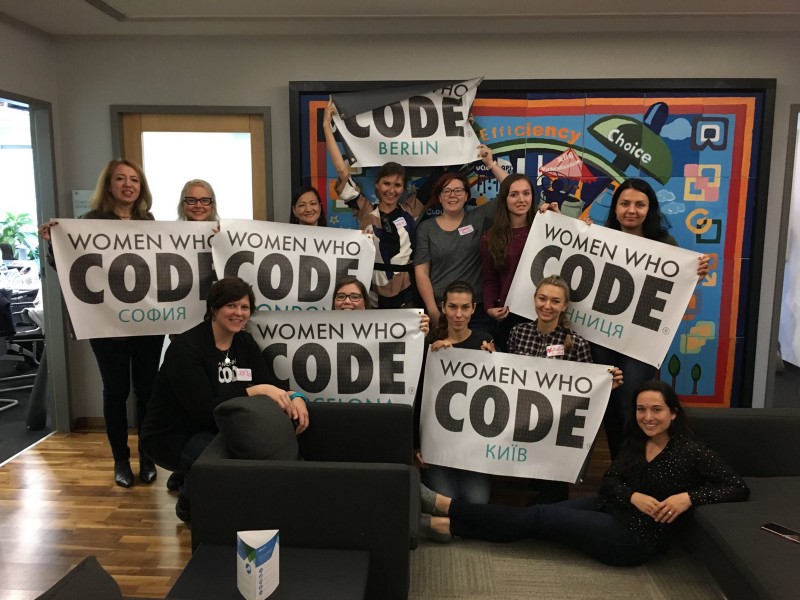
Q. What has this funding approach made possible?
A. We don’t want to create barriers for people who can’t pay to attend special events, so we advise a suggested donation model. It’s enabled some very cool outcomes.
One of our communities needed resources to get into machine learning, robotics, and hardware. They set the suggested donation to the amount it cost to purchase an Arduino kit (which the participants can keep) plus a little bit extra to create an Arduino library, with devices members can check out if they don’t have their own. Just a few dollars more from people who could afford it opened up the experience for those who weren’t able to pay.
Another network raised enough funds to purchase a 3D printer, which is something individuals might not be able to buy on their own. It’s enabling amazing exploration for their community, and individual members can borrow the printer to do projects.
Our Twin Cities network learned some moms were finding it difficult to attend events because of childcare needs. They raised funds to purchase kid-friendly robotics kits, and once a quarter they do “mom and me” events. It allows them to create opportunities to engage a wider audience.
To generate funds for a specific event, our network in Austin created event sponsorship options ranging from a few hundred to a few thousand dollars, so individuals and organizations could easily make a donation. This year we have a conference in Atlanta called We Rise, and they’re using a similar process.
Having the same platform across multiple chapters makes it really easy to manage budgets in an accessible way.
Q. What problems does Open Collective solve for you?
A. Previously, we were using many different systems, and doing a lot manually. Using Open Collective immediately solved these challenges for us:
- Empower local volunteers to drive local fundraising, in a way that’s crowd-sourced and community-driven.
- Manage expense reimbursements. We can receive volunteer requests and get funds back to them quickly, with consistent tracking of transactions.
- Transparency! We can demonstrate how funds are being spent globally. People see the true costs of doing business, and everyone gets very excited when they see money coming into their city.
One challenge we face as a non-profit is that, legally, volunteers can’t officially ask for sponsorship on behalf of the organization. It can get tricky and everything needs to be vetted. But volunteers can campaign for crowdfunding donations, so we see it as a huge opportunity.
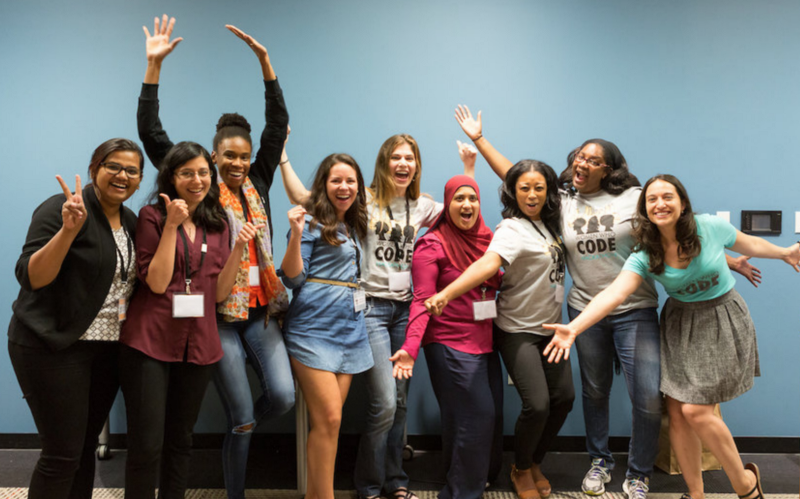
Q. Any advice for others considering this approach?
A. Start slow, but be ready to scale. We piloted the system with a few cities while we got comfortable with it, but soon realized we didn’t need to hold back. We recently launched in ten new cities, and we were surprised how quickly they started asking for Open Collective. We’ve decided to set up all new cities as they launch from now on.
In terms of reaching out to local communities, we tell people to start by asking for a really small amount. For people coming to events, who are reaping career benefits and building their network, $5 a month doesn’t sound like much. For longtime members, it’s a way to pay it forward and support the next round of people coming through.
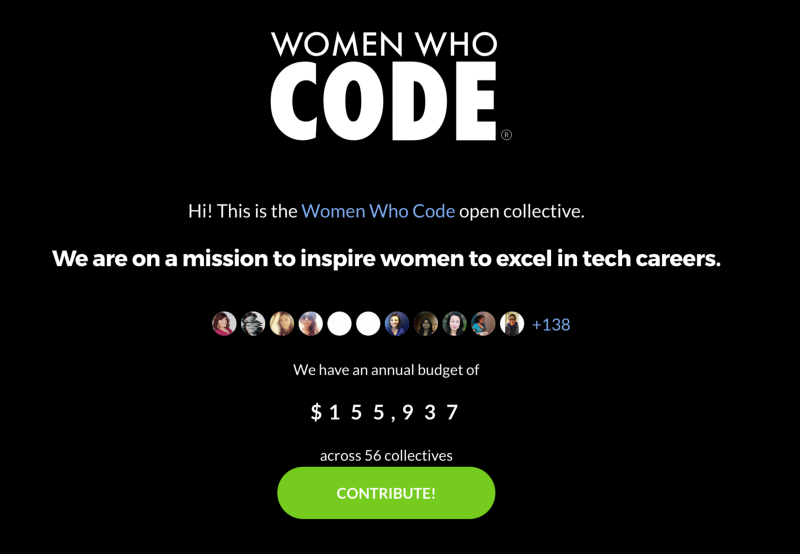
Look out for WWCode Connect in San Francisco this April, the We Rise conference in Atlanta this July, and ongoing local events around the world. If you’d like to support their amazing work, find your city’s WWCode Open Collective and donate!

